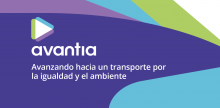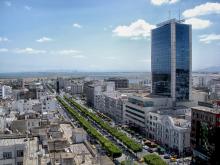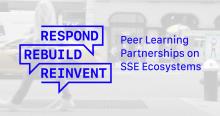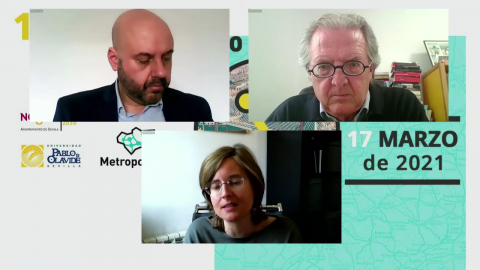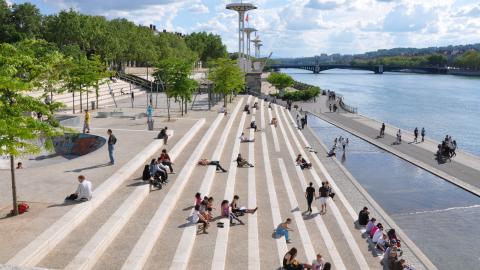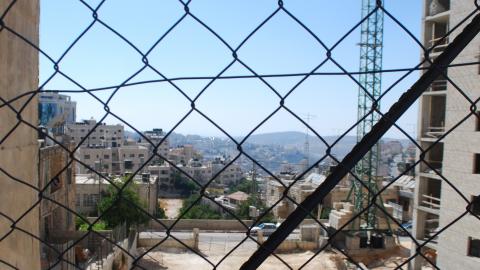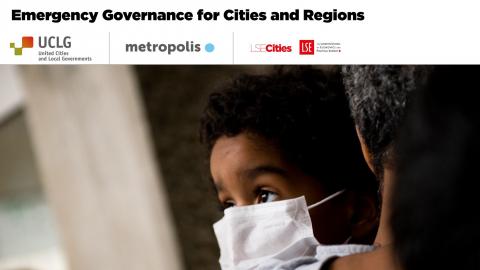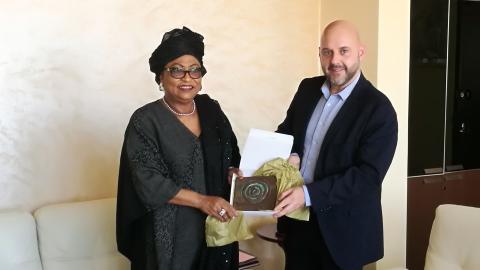
Decentralized Cooperation
Rapid urbanisation means that major cities and metropolitan areas around the world are coping with global challenges such as poverty eradication, pollution, water security, climate change, conflict, forced displacement and migration...
Those challenges require well-managed urban development that can offer innovative solutions, turning them into opportunities for sustainable development.
The global objective of this line of work is to promote integrated urban development and management through partnerships built among a variety of actors and in accordance with the global agendas such as the 2030 Agenda on sustainable development or the New Urban Agenda.
Clearing House
CLEARING HOUSE stands for Collaborative LEArning in Research, INformation-sharing and Governance on HOw Urban forests as nature-based solutions support Sino-European urban futures.
Trees and forests are a proven nature-based solutions that contribute to sustainable urban development. Their potential for delivering ecosystem services, enhancing biodiversity and contributing to the wellbeing of urban societies is often underestimated and underused.
CLEARING HOUSE will develop an online application, a global benchmark tool, and guidelines that can aid in the design, governance and management of urban forests.



